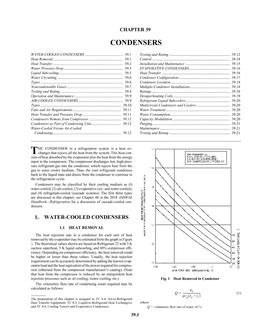The National Bureau of Standards built six test buildings of identical geometric design but each with a different wall construction to test under field conditions the effect of thermal mass on the energy performance of simple buildings. The buildings were simulated with the computer program DEROB (Arumi 1977) in order to run consistency checks on the field data. This article reports on the results of these simulations.
Three test periods representing the heating, cooling, and transition seasons were used to simulate each of the six buildings. The results of the simulations confirmed the field observations that mass effects are more pronounced whenever the driving temperature swings into the thermal comfort zone. These observations, in turn, confirm previous theoretical results. The buildings are located in Gaithersburg, Maryland, and they do not experience much solar gain. Consequently, winter diurnal loads are not sensitive to the presence of mass, while the transition and summer seasons diurnal loads are sensitive to the presence of mass.
The most massive of the six buildings exhibited an anomalous heat loss, which was explained by running a more detailed three-dimensional simulation of the heat diffusion of the wall below the window and above the wall footing.
Citation: Symposium, ASHRAE Transactions, 1984, vol. 90, pt. 2B, Kansas City, MO
Product Details
- Published:
- 1984
- Number of Pages:
- 19
- File Size:
- 1 file , 2.1 MB
- Product Code(s):
- D-KC-84-05-3


